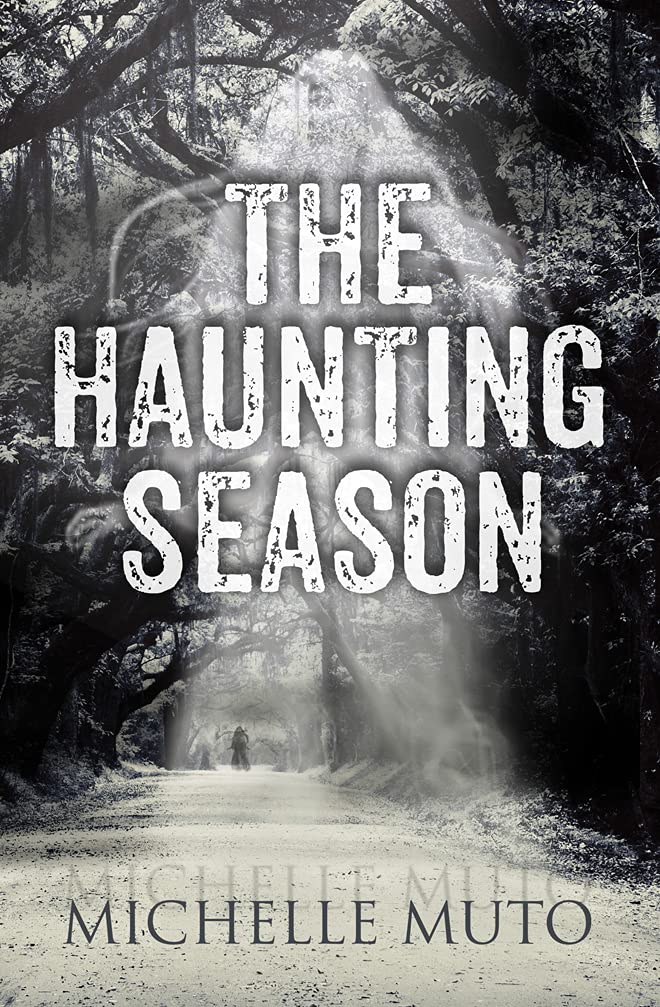Utopian


THE Utopian subgenre of Speculative Fiction presents idealized societies or worlds that embody visions of perfection, harmony, and progress. Unlike Dystopian fiction, which explores oppressive or flawed societies, Utopian narratives depict imagined futures or alternative realities where social, political, and environmental issues have been resolved, leading to utopian ideals such as peace, equality, justice, and sustainability. Utopian fiction often delves into philosophical, ethical, and political themes, offering readers thought-provoking visions of what an ideal society could look like and how humanity might achieve such ideals.
In Utopian Speculative Fiction, authors envision Utopian societies governed by principles of cooperation, empathy, and collective well-being, challenging readers to consider possibilities for positive social change and envisioning better futures. Works like Ursula K. Le Guin‘s The Dispossessed, exploring anarchist utopias and social experimentation, or Aldous Huxley‘s Island, presenting a utopia blending Eastern philosophy with scientific progress, exemplify the genre’s ability to inspire hope, critical reflection, and dialogue about societal values and aspirations. Utopian fiction invites readers to imagine worlds where humanity’s best attributes flourish, sparking discussions about the potentials and limitations of Utopian visions in shaping our shared destinies.






















